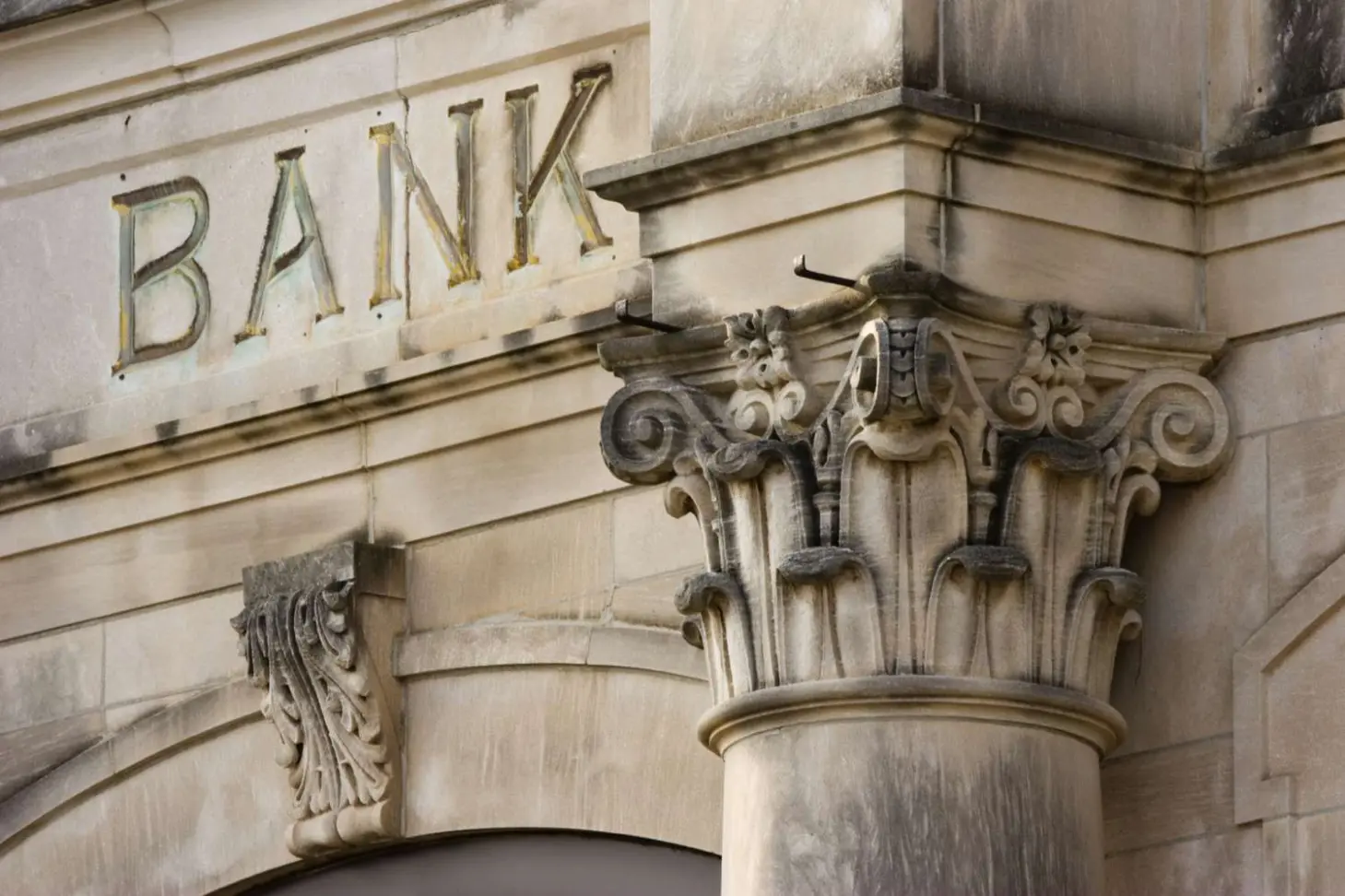Government Introduces New Rules for Digital Banking & Crypto

February 27, 2025
In response to growing concerns over security, fraud, and financial instability, the government has introduced new regulations for digital banking and cryptocurrency investments. The rules focus on enhancing transparency, strengthening compliance measures, and protecting consumer interests in the evolving digital finance landscape.
The latest regulatory framework comes amid rising adoption of cryptocurrencies and online banking solutions, with lawmakers and financial institutions seeking greater oversight to mitigate risks. The move is expected to impact crypto exchanges, digital wallets, fintech firms, and banking institutions that deal with digital assets.
Key Highlights of the New Regulations 1. Stronger Compliance for Crypto ExchangesMajor crypto exchanges such as Coinbase and Binance have expressed concerns over increased regulatory scrutiny, arguing that some rules could limit innovation. However, they also acknowledge that clearer regulations could attract larger institutional investors.
Banking Sector PerspectiveTraditional banks welcome the new guidelines, believing they will level the playing field between legacy financial institutions and digital-first banking platforms.
Government and Lawmakers' StatementsThe government has indicated that it may introduce additional measures based on how the market reacts to these new policies. Future discussions will focus on:

How U.S. Banking Regulations Impact Investment Strategies and Decisions
U.S. banking regulations play a critical role in shaping investment decisions. This article explores how changes in banking rules influence market behavior, investor confidence, and capital flow

Exploring the Impact of U.S. Banking Policies on Investor Behavior and Market Trends
U.S. banking policies directly influence investment strategies by shaping economic conditions, capital availability, and risk management. This article explores how various banking regulations impact investment decisions and market trends

Analyzing the Influence of U.S. Banking Laws on Investor Behavior and Market Dynamics
U.S. banking laws are a crucial factor shaping investment trends. This article delves into how various banking regulations affect capital flow, investor confidence, and market stability, ultimately guiding investment decisions.

Opportunities in U.S. Investments as Banking Policies Evolve
The evolution of U.S. banking policies creates both challenges and opportunities for investors. This article examines how changes in banking regulations and policies can open new doors for investment across various sectors

Understanding the Impact of U.S. Banking Reforms on Investment Strategies
The evolving landscape of U.S. banking reforms presents new challenges and opportunities for investors. This guide explores how these regulatory changes influence the financial markets and provides strategies for navigating them

The Impact of Banking Regulations on Investment Growth and Strategy
The evolving landscape of banking regulations plays a pivotal role in shaping investment growth. This article explores how regulatory changes affect financial markets, investor behavior, and growth strategies

U.S. Banks' Response to New Investment Regulations
As new investment policies reshape the financial landscape, U.S. banks are adjusting their strategies to align with regulatory changes. This article explores how these adaptations are influencing investment practices and opportunities

How U.S. Banking Policies Have Evolved Over Time
Investment policies in U.S. banking have undergone significant changes over the decades. This article explores how regulations and economic shifts have shaped investment strategies and their impact on the banking sector

How U.S. Banking Policies Influence Investment Choices
U.S. banking policies significantly influence investment decisions, shaping the strategies of financial institutions, investors, and businesses. This article explores key policies and their impact on investment trends.
The Atlantic Daily
Get our guide to the day’s biggest news and ideas, delivered to your inbox every weekday and Sunday mornings. See more newsletters
.webp)
Ideas That Matter
Subscribe and support more than 160 years of independent journalism.
Subscribe